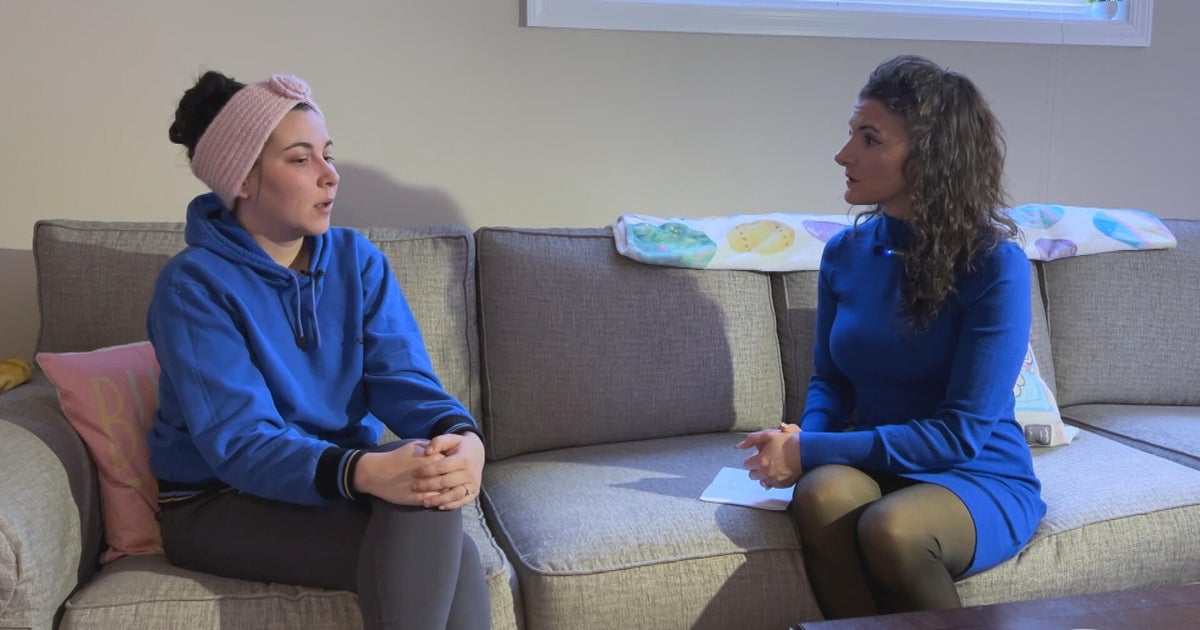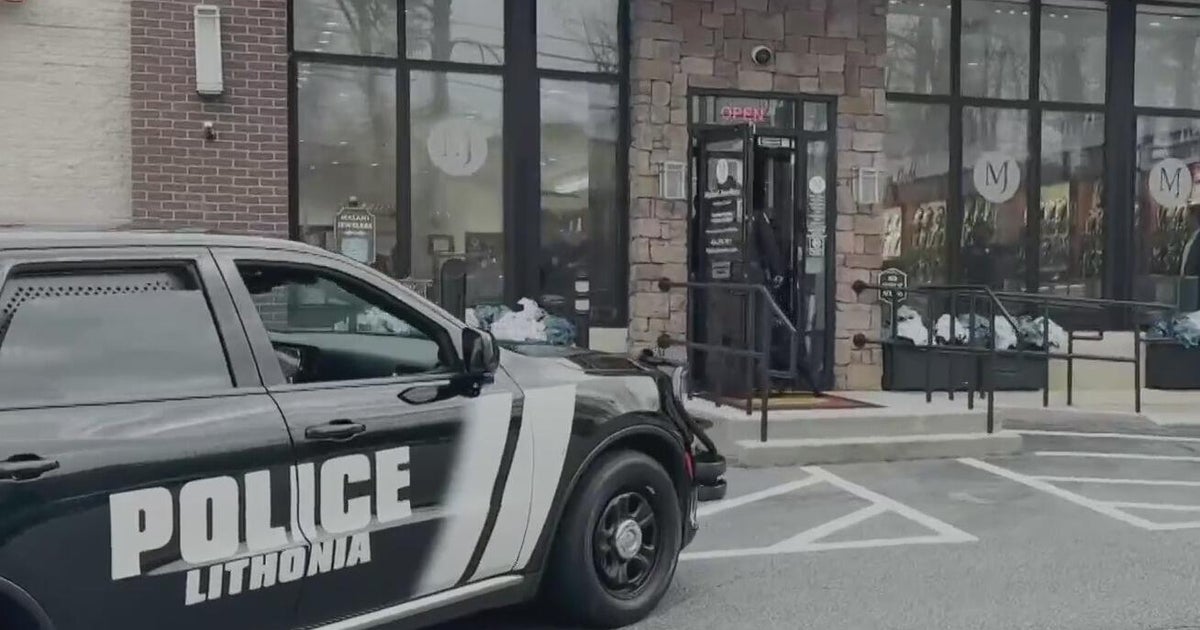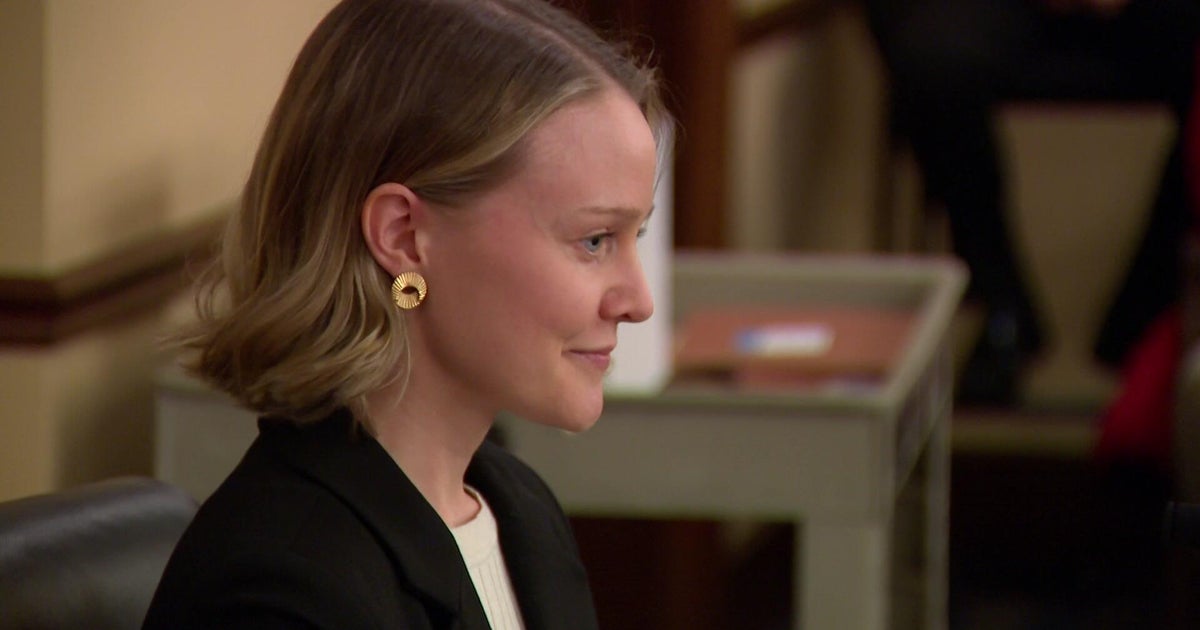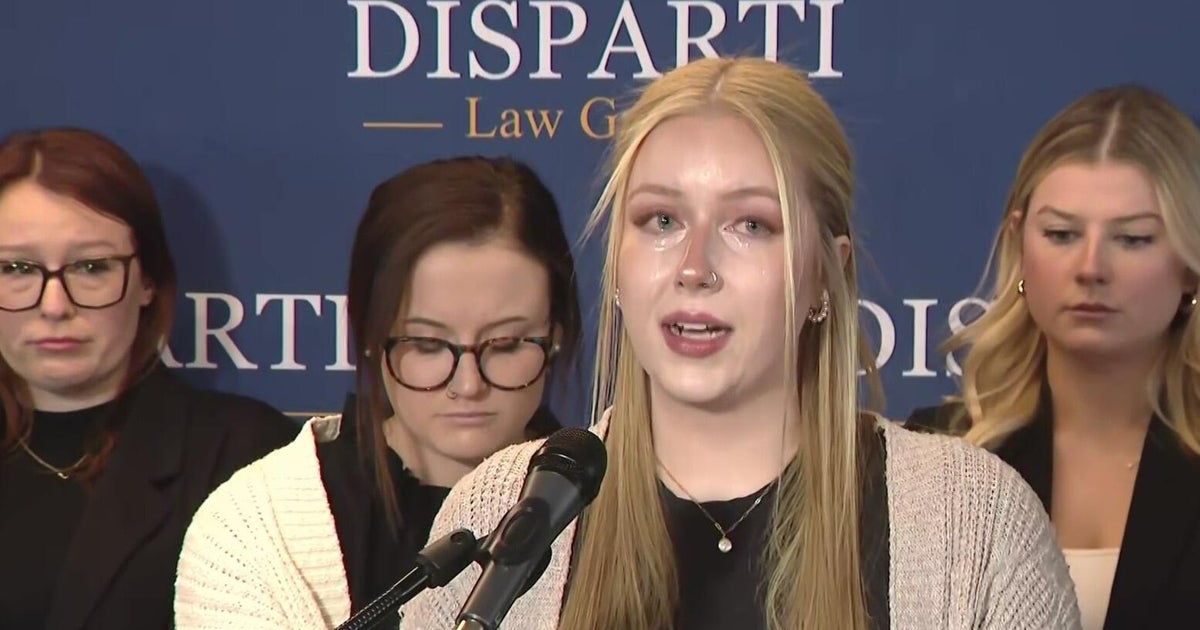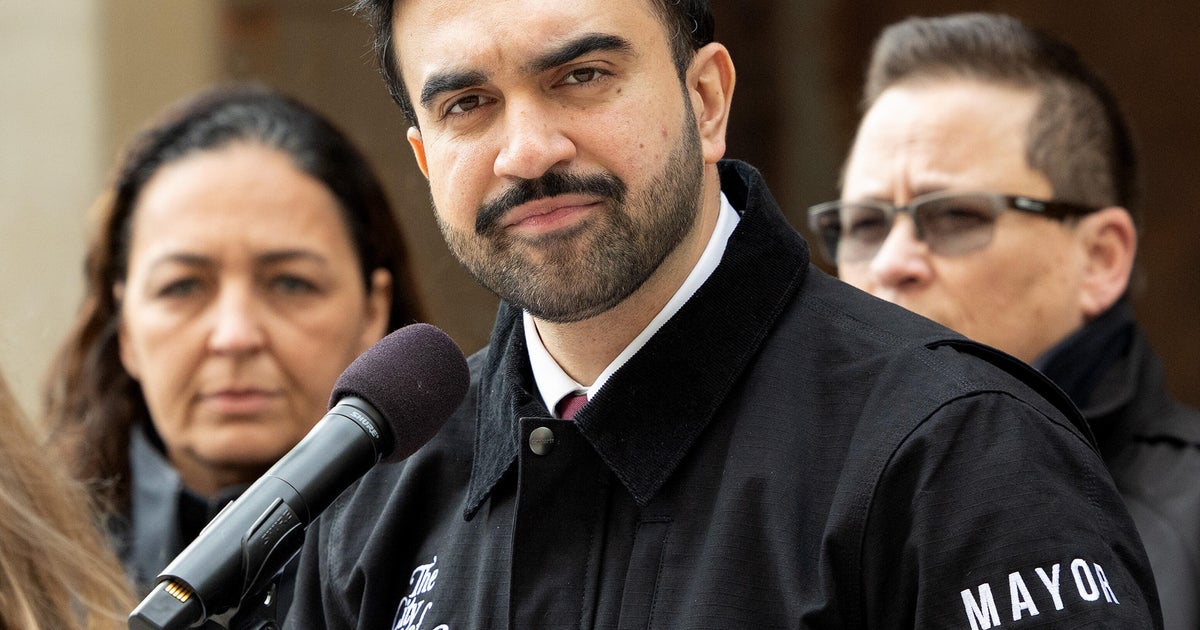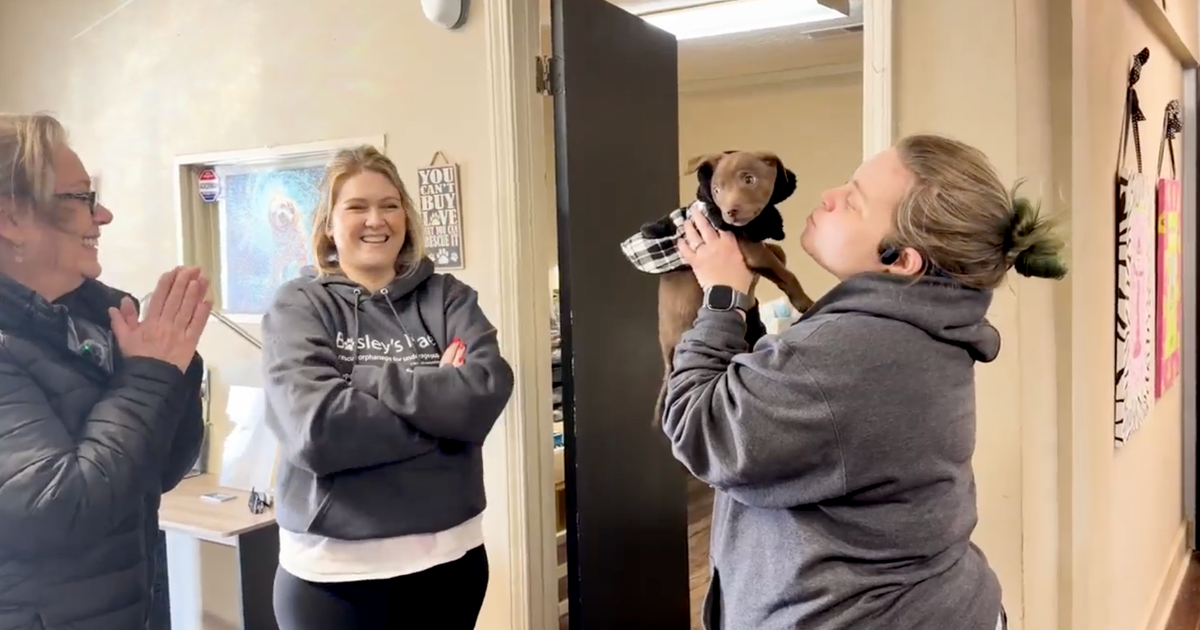Five Years After Boy's Suicide, Findings Could Resurface
TALLAHASSEE (CBSMiami/NSF) - The suicide of 7-year-old Gabriel Myers in foster care shocked the child-welfare system in 2009. It led to a series of recommendations about Florida's use of psychotropic medications on foster kids and how to protect already-traumatized children from sexual abuse by other abused children.
But nearly five years after Gabriel hung himself in the shower of his foster home in Margate, the findings that followed his death are mostly unfulfilled.
Children's advocates haven't given up, though, and will try to move several measures forward during the 2014 legislative session.
In 2008, when he was 6 years old, Gabriel was found in a car with his mother, who was passed out with drugs at her side, authorities said. He was placed in foster care. Documentation in his case files showed that, while living in Ohio before moving to Florida, he had been sexually abused by an older child and shown pornography by an adult relative. Gabriel exhibited sexual behavior problems at school and had lost one foster placement due to his troubling behavior.
"One of the major things we learned was that the reason he was so disturbed was that he had been sexually abused himself," said attorney Howard Talenfeld, president of the advocacy group Florida's Children First. "As a victim of sexual abuse, he was acting out. This was a significant part of his problem that went unaddressed."
Gabriel was also taking two psychotropic medications when he died, and a Department of Children and Families investigation found that neither his parents nor a judge had approved them, nor was the medication he took reflected in his case files.
Then-DCF Secretary George Sheldon appointed two work groups in 2009 and 2010 to study and make recommendations about the use of psychotropic medications on foster children and about child-on-child sexual abuse.
One of the groups learned that in 2009, about 5 percent of all U.S. children were treated with psychotropic medications, but in Florida's foster care system, 15.2 percent of children received at least one such medication. Of these, more than 16 percent were being medicated without the consent of a parent, guardian or judge.
Five years out, the verdict is that more progress has been made on the psychotropic medication issue than on the issue of child-on-child sexual abuse.
"I think we're a lot better. I think we're a lot better than most states," said Robin Rosenberg, deputy director of Florida's Children First, who served on the workgroup on psychotropic medications. "But I think more can be done on alternatives (to medication) and on really making sure that parents give informed consent and that courts have a true understanding of what it means."
Talenfeld charges that while extensive recommendations were offered to address both psychotropic medications and child-on-child sex abuse, they were dropped in January 2011, when Gov. Rick Scott took office and tapped David Wilkins as the new secretary.
"This report was abandoned, and nothing was done to implement any of the recommendations," Talenfeld said. "And they were very, very significant."
In July, when Esther Jacobo became DCF's interim secretary, Florida's Children First contacted her and, Talenfeld said, began drafting legislation addressing key recommendations, such as mandatory reporting to the abuse hotline of the sexual abuse of children in state care and a tracking, placement and quality assurance system.
The group is also pushing to eliminate the age distinction for children who act out sexually in the foster care system. Currently, those 13 and over are reported to the sheriff's office as sex offenders. Talenfeld ---- who also hopes lawmakers will pass a claims bill for a client of his who was sexually abused by a foster child --- says all child victims should be treated for the abuse they've endured, even if the symptoms involve acting out.
Another key recommendation was that the Legislature should provide funding to ensure that each child in the care of the state is assigned a guardian ad litem --- an advocate for abused and neglected children in the court system.
"Nothing will get better unless the Legislature fully funds guardians ad litem for every trial," said Miami-Dade Circuit Judge Cindy Lederman. "We are still far behind in that most important recommendation."
By the terms of both state and federal law, the program should be fully funded, said Alan Abramowitz, executive director of Florida Guardian ad Litem. Currently, there are 29,285 children under court supervision statewide, of whom 76 percent have a guardian ad litem.
This year, Scott recommended an increase that would extend coverage to all children in out-of-home care and 77 percent of those under court supervision. Senate President Don Gaetz and House Speaker Will Weatherford, in a work plan for the session, said they hoped to fully fund the program over the next several years.
Abramowitz said the guardian ad litem program will need about $6.1 million in Fiscal Year 2014-15 and additional funds in the following three years to achieve 100 percent representation of all dependent children.
He also said the program "has made psychotropic medication a priority. Our standards require our program to prioritize children on psychotropic medication."
As to how DCF is handling the psychotropic medication issue five years after Gabriel's death, Rosenberg said "the state put a pretty good system in place, as far as creating a rule to be followed and attempting to ascertain whether at least a legal authority is there."
But as a foster parent, she said, she's also seen the other end of the process.
"I think we still kind of default to 'If a doctor prescribed it, then it must be what the kid needs' --- and not enough questions about what information was provided, what did the doctor look at and what else has been tried? …I'm not convinced that everyone on the front line has an in-depth understanding to the extent that they need in order to get good decisions made for each child," Rosenberg said.
"The News Service of Florida's Margie Menzel contributed to this report."
